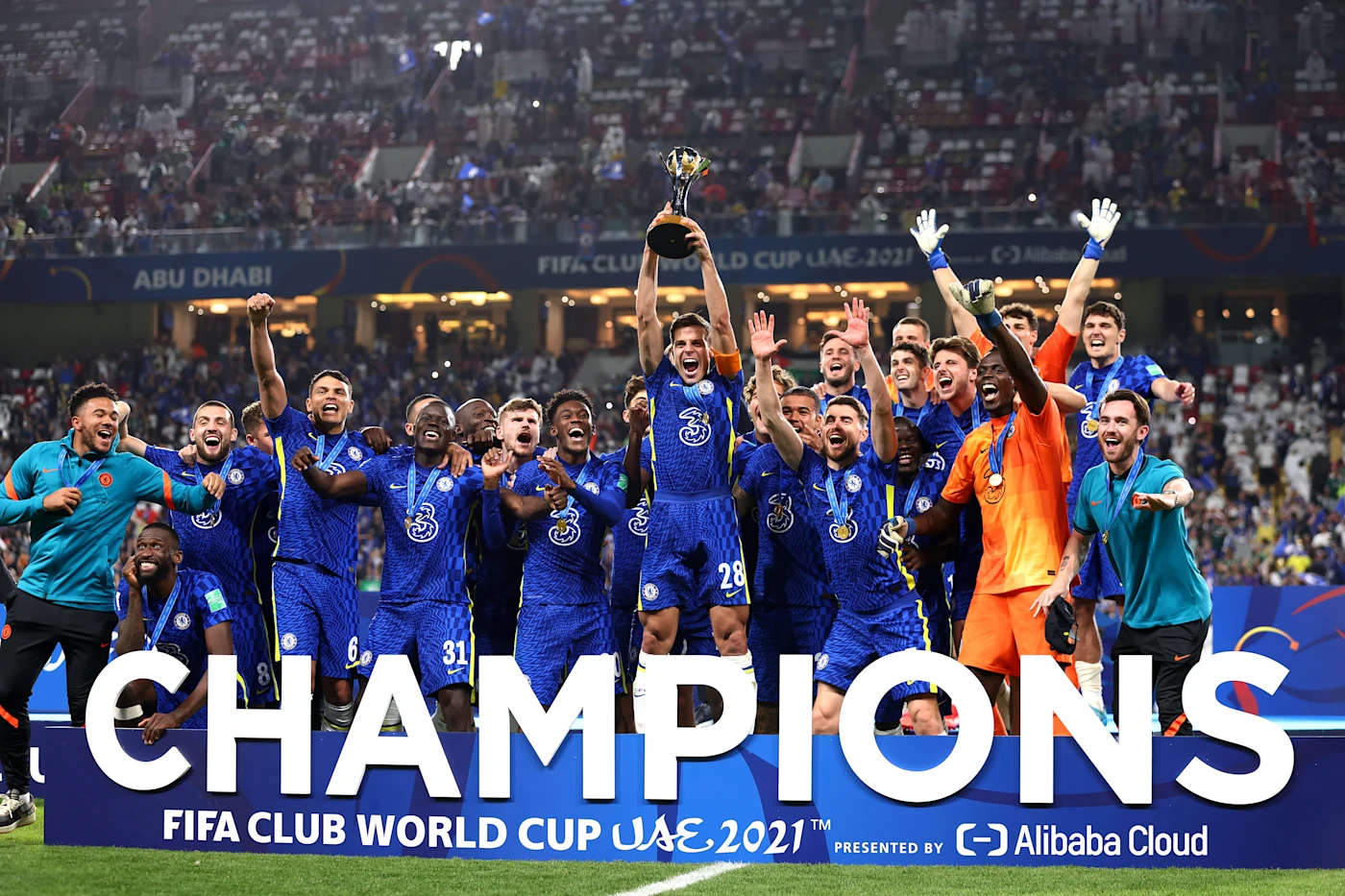
Why the FIFA Club World Cup Is Crucial for Clubs

The FIFA Club World Cup is one of the most prestigious tournaments in the world. It brings together the best clubs from across the globe to compete on the biggest stage. For clubs, competing and winning the tournament is not just about having a shiny trophy to hold; it’s about making a legacy that will endure long after the last whistle is blown. In this article, we detail why the FIFA Club World Cup is so significant to clubs around the world.
The Global Prestige and Branding Benefits of the FIFA Club World Cup
How the tournament promotes club reputation the international platform
Competing at the level of the best clubs in other continents by default raises the prestige of a club. It’s a means for clubs to demonstrate themselves beyond national or domestic support. When top teams like Real Madrid or Bayern Munich win the trophy, they’re known across the world by fans, not only in their countries. Win or even just perform well, and the prestige of a club as a real force in world football is boosted.
Enhancing brand worth and business prospects
Taking part in the FIFA Club World Cup generates exposure to bigger sponsorship deals, increased merchandise sales, and wider coverage by the broadcasters. Companies want brand connections to successful clubs that enjoy global name recognition. Football experts argue that the clubs experience a huge revenue increase a brief period after the tournament, thanks to the new opportunities.
Creating a global following
Clubs can seize the opportunity to use FIFA Club World Cup visibility to gain long-term growth. Supporters all over the world can be united by social media, marketing campaigns, and VIP events throughout the tournament so that clubs can gain new supporters and build their broader, more international support base. These supporters can even stick around after the tournament, enabling clubs to expand their reach across continents.

The Competitive Edge Gained through Global Exposure
Enhancing team experience and team building
World competitions force teams to adjust against different types of play and under pressure. Exposure of such a nature has the effect of making players grow as individuals and team cohesion to increase. For example, teams that performed well in the FIFA Club World Cup improved in other competitions, especially in continental competitions.
Recruiting best brains
It becomes simpler for clubs to lure world-class players when they are playing in such a global tournament. Players desire to play for clubs that are well known around the globe and receive opportunities to play on the world’s largest stages. Transfer rumors most commonly indicate that targets desire to play for clubs that have recently appeared on the scene within the FIFA Club World Cup.
Building team confidence and momentum
To win or perform well in this tournament provides the players with a huge boost in confidence. It’s like scoring a vital goal in a vital game — it provides a team with the belief that it can. Sports psychologists concur that winning in international tournaments energizes the morale of a team and enhances performance in upcoming games.
Financial Incentives and Economic Impact
Prize money and financial rewards
The participating clubs also receive a fair amount of prize money, which can be meaningfully added to their coffers. The better the team performs, the more cash they receive as performance bonuses. This cash can be used to purchase players, improve a stadium, or develop youth players.
Sponsorships and commercial deals
Winning the FIFA Club World Cup tends to result in huge sponsorship contracts. Companies would love to be associated with clubs that perform well internationally. For example, clubs that have won the competition have signed multi-million-dollar sponsorship deals afterwards.
Long-term economic benefits
A successful campaign in such a tournament can increase the value and marketability of a club in the future. Forward-thinking clubs are future-looking, using success within the FIFA Club World Cup to build additional revenue sources and increase brand recognition worldwide.

The FIFA Club World Cup’s Role in Legacy and Historic Wins
Enhancing club history and heritage
The FIFA Club World Cup is a mark of excellence. It is inscribed on the history of a club, marking its era. Real Madrid or FC Barcelona are remembered for their global achievements, which position them among the world’s best.
Certification as a badge of excellence
In a way, winning this tournament means that a club is one of the best in the world. It also opens the door for other tournaments. For example, winning the FIFA Club World Cup can earn a team automatic qualification or further motivation for future continental tournaments.
Inspiring future generations
The tournament not only impacts playing clubs — it makes aspiring players and supporters dream big. It shows that even clubs from lesser nations have a possibility to reach the world’s top stage. Football historians often call the FIFA Club World Cup the key to spreading passion for the sport everywhere. Key Challenges and Problems for Clubs The exhausting routine and fatigue of players Scheduling the tournament into an already jammed calendar imposes pressure on players. Clubs must handle player fitness with caution, balancing their teams carefully. Adequate scheduling and recovery routine are required to avoid injury and be at the peak of fitness at the tournament.
Conclusion
To win the FIFA Club World Cup is to usher in future success and long-term development, cementing a club’s status among footballing giants. For each and every club wanting to play on a larger stage, this tournament is an invaluable chance to shine on the world’s largest football stage.


